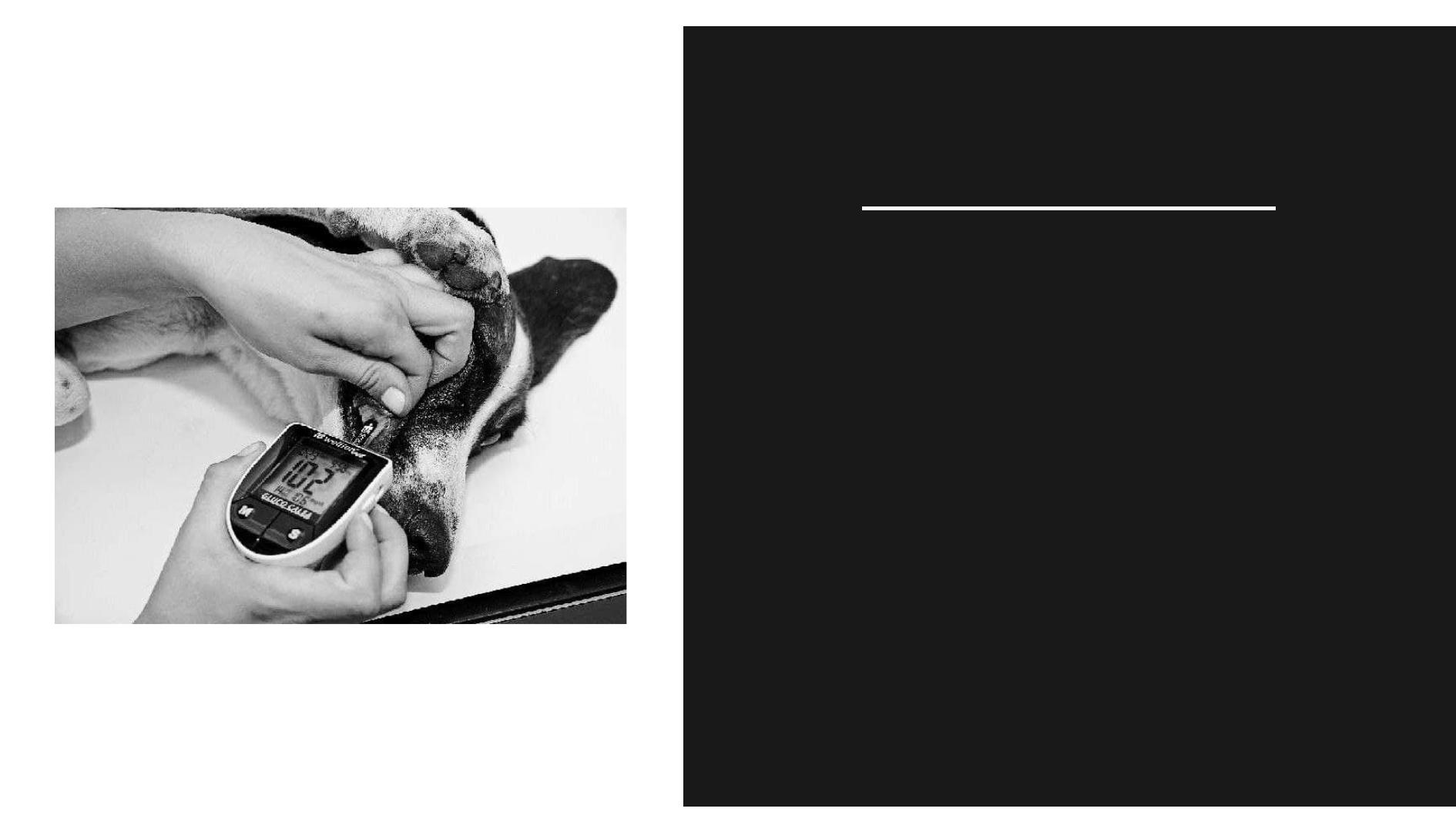
Animal diseases caused by poor feeding
.pdf
Bendyk
and
Shatohina
Animal diseases caused by poor feeding

Bulimia
Bulimia is a disorder characterized by a sudden increase in appetite. It usually manifests itself in fits and starts with an uncontrollable feeling of hunger. The feeling of fullness from the food is practically lost. Bulimia is often a cause of obesity.

Bulimia in animals can be caused by prolonged starvation, certain endocrine disorders, inflammatory diseases of the nervous system, and helminth infestation.

Obesity
Deprived of the opportunity to actively spend their leisure time, our pets are doomed to wait obediently for the return of their owners in the hope of getting a fifteen-minute walk from the flat to the grocery shop. As a reward for their loyalty and love, they will receive bonuses in the form of all sorts of goodies from the table.

Of course, besides a passive lifestyle and too much food, there may be other, medical reasons for obesity. Endocrine, reproductive and digestive system disorders can lead to this condition.

Host a fundraiser.
In turn, obesity is not just an aesthetic problem - excessive skin folds and a large belly - it is a serious threat to a pet's health.

Dystrophy
Alimentary dystrophy - occurs as a result of lack of vitality of the body of animals at the deficit of dietary resources, and is characterized by disruption of protein metabolism, dystrophic and atrophic changes in the organs and systems.

Ideal weight

The main cause is the lack of nutrition and deficit of living resources in the diet of the animals. The deterioration of the animals is also caused by chronic diseases when the utilization of live nutrients is impaired.

Diabetes mellitus
Type 1 diabetes, which is more common in dogs, occurs when the body is unable to produce enough of the hormone insulin. This is the insulin dependent type. The reason for this is usually the inability of the pancreas to produce the required amount of the hormone. In addition, dogs may develop gestational diabetes, which occurs mostly during the gestational period.
